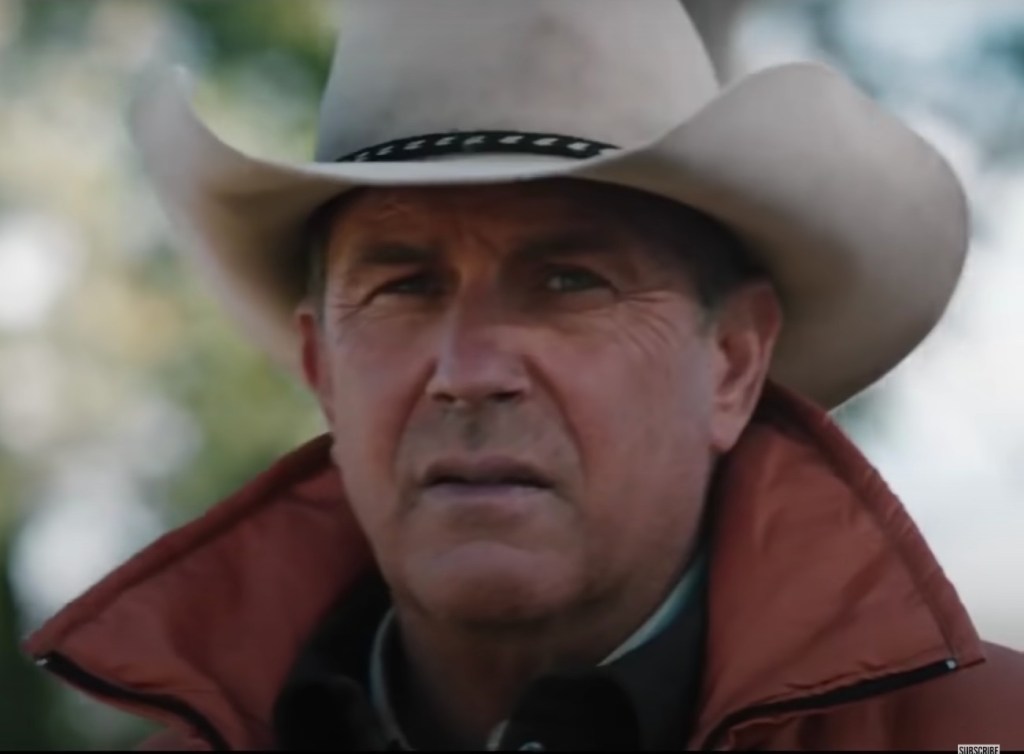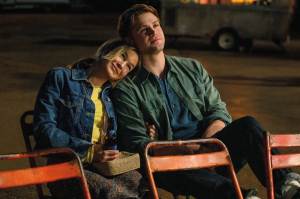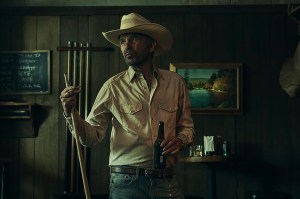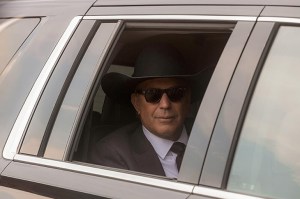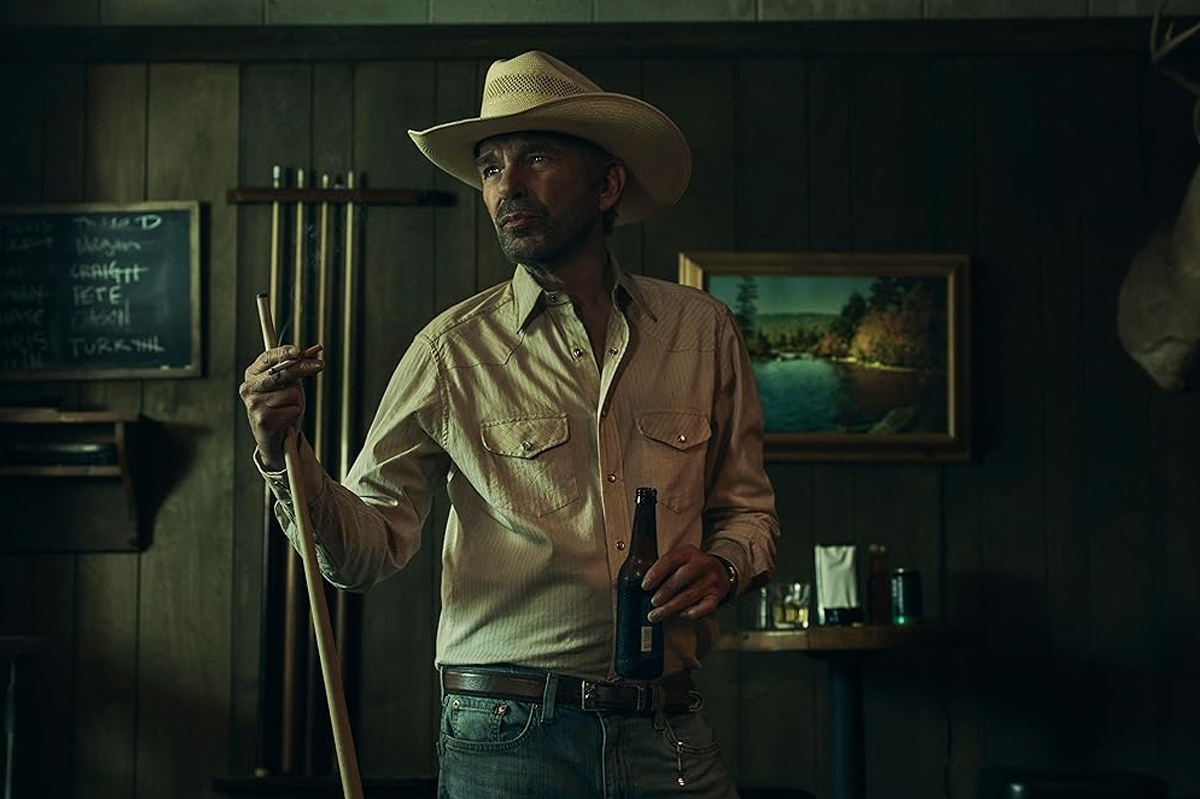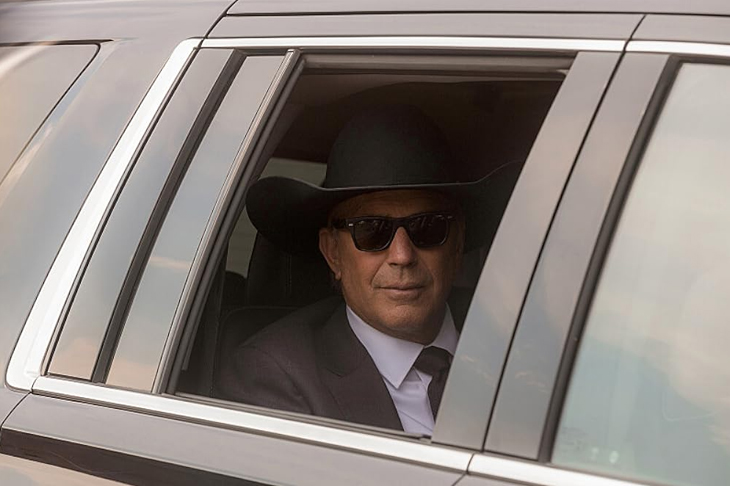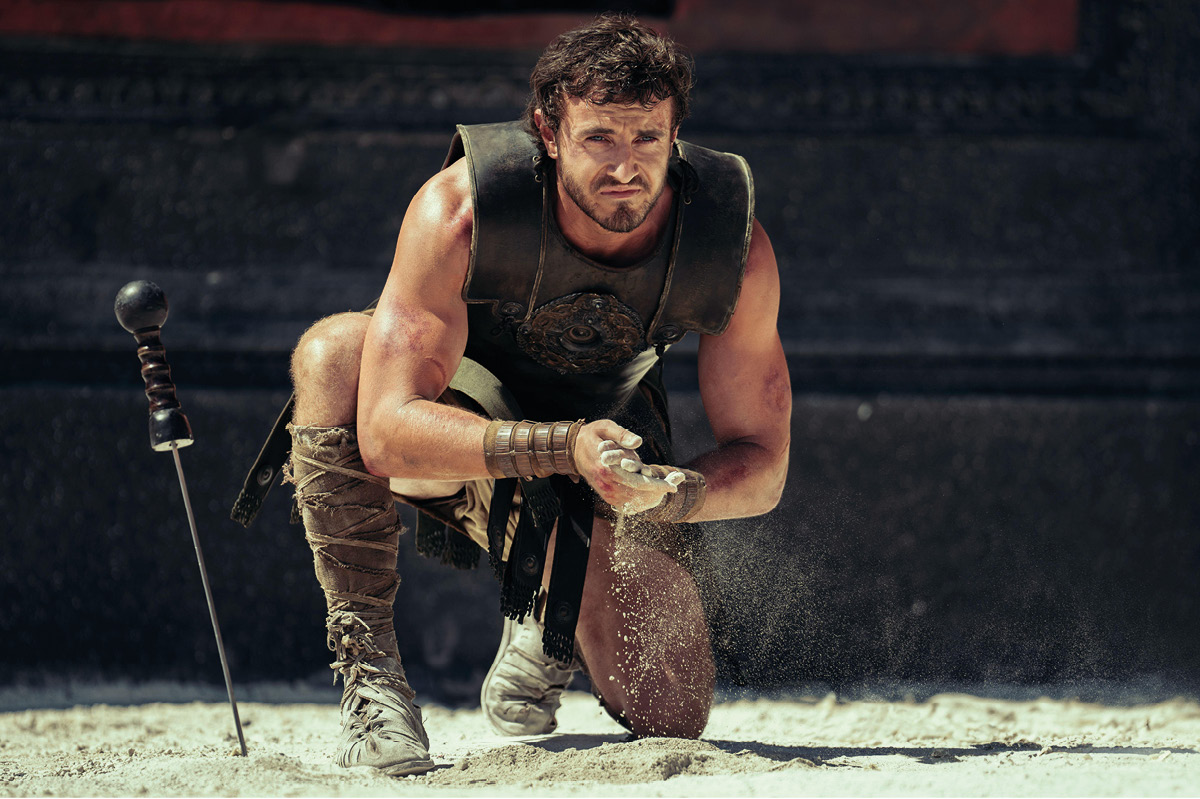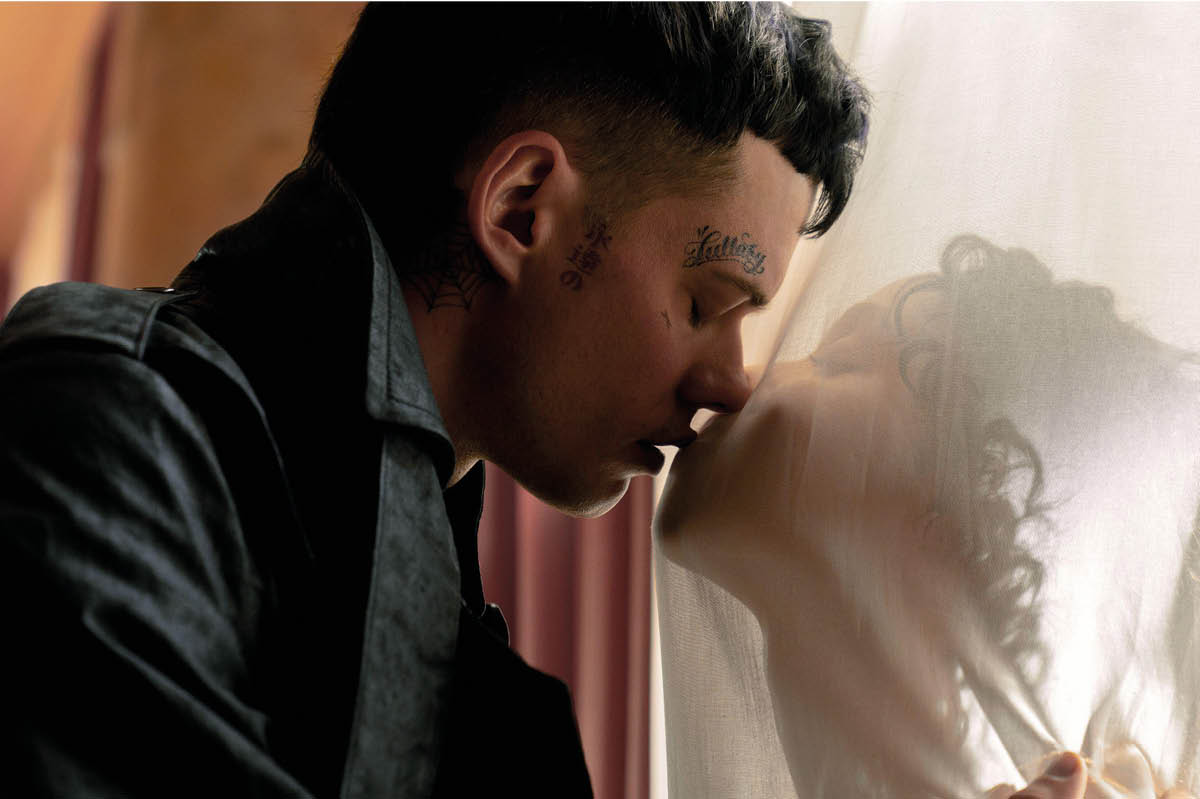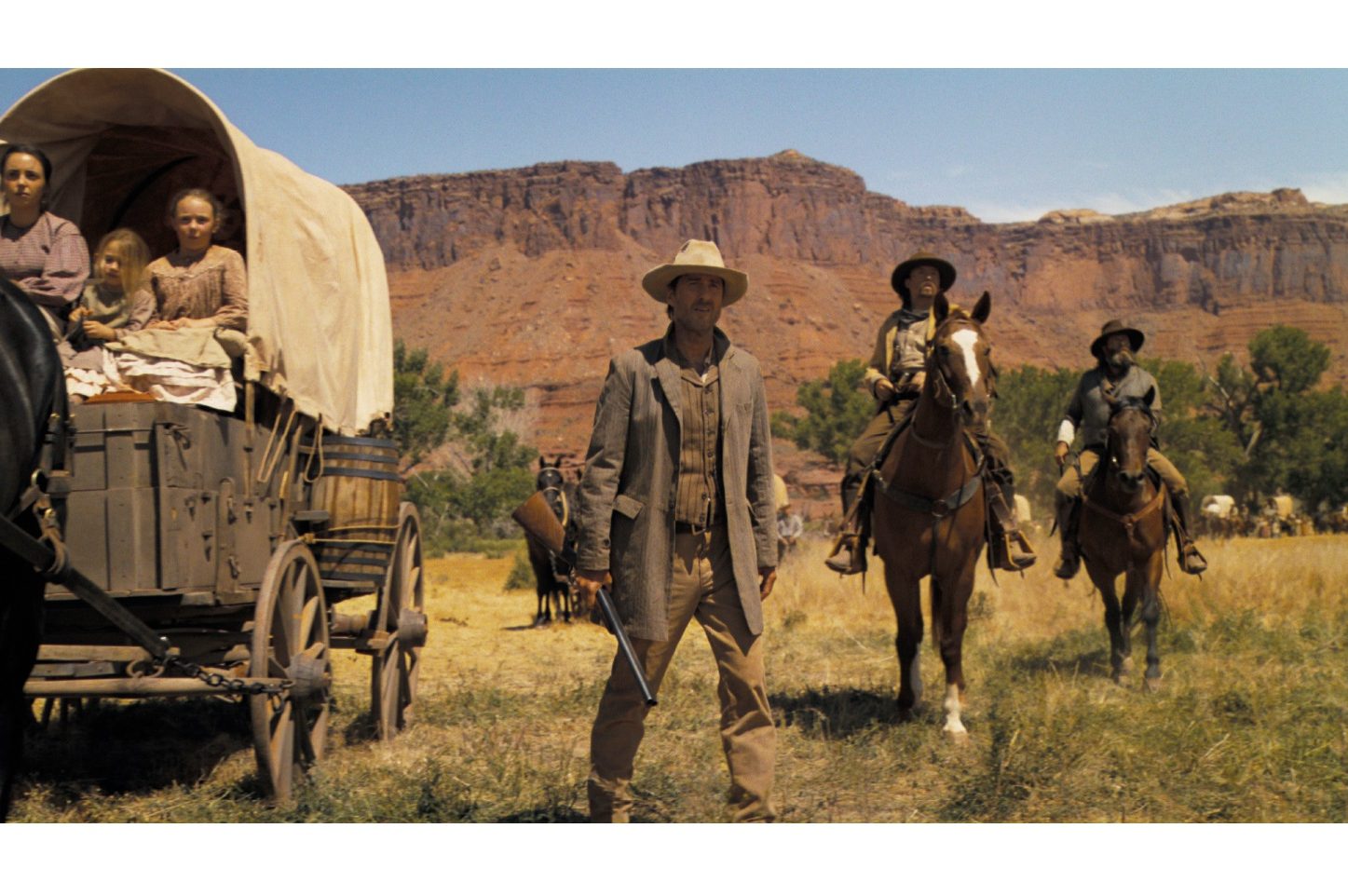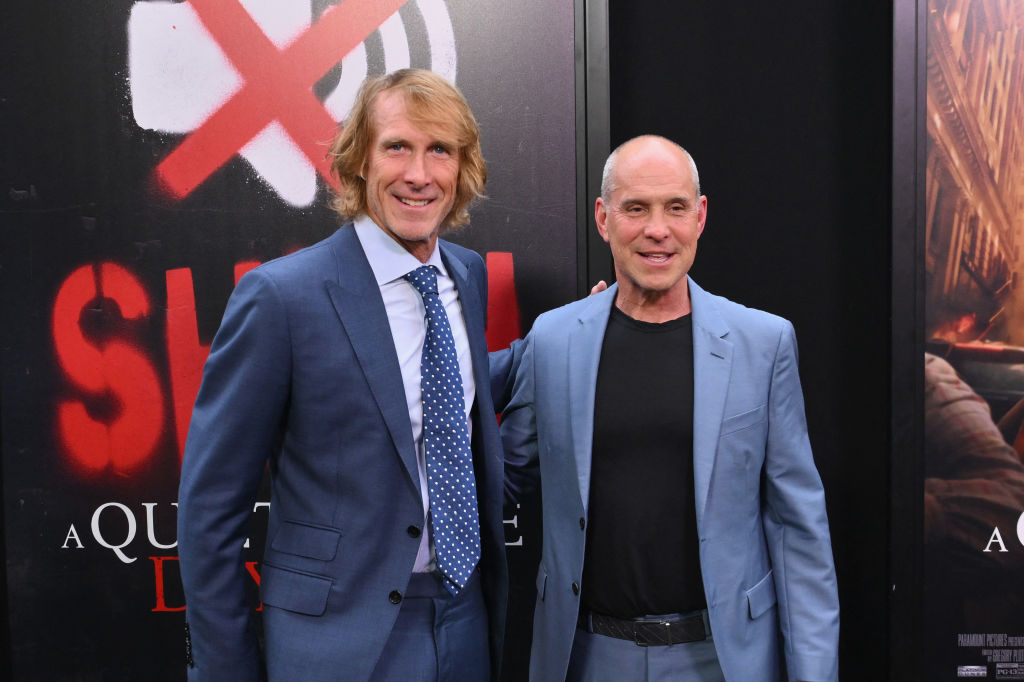My wife, who spent much of her childhood in Northern California — and whose grandparents owned orchard land and kept horses and other animals — always laughs at me during our yearly trip to the county fair. The reason is my fear of walking past the horse stalls. I’m a transplant to rural Michigan from New York City. Farm animals were an abstraction for most of my life.
I pass by rows of Clydesdales, hindquarters facing me on either side in uncomfortable proximity, and imagine my own demise if one should decide to kick. My father is no horseman, but he’s had a long career in manufacturing. He can make or fix most anything. (Once, in the ‘70s, he fell from a catwalk onto a floor where F-14 Tomcats were being assembled below. He has suffered headaches ever since, but barely missed any work.) His father was ship electrician’s apprentice on a minesweeper during the Second World War, followed by a career as an electrical inspector for FDNY and then as job site engineer for massive construction projects.
I, on the other hand, am a so-called “knowledge worker.” I can’t make or fix much of anything. Sure, I can swap out the belt on my own snowblower. But it always feels like more of an accomplishment than it should.
After graduating in the early 2000s, I used to ponder the nature of meaning in the contemporary world with Joe, my friend and former roommate. Joe, an Italian American and native Staten Islander (father: ConEdison electrical lineman) was working in corporate communications for a big accounting firm at the time. I was doing media relations for a think tank. Over slices of pizza, we would bemoan the abstract nature of our work.
Our fathers, and their fathers before them, could point to something tangible they had done. We, on the other hand, had drafted company memos and booked radio interviews. (“You put that man on TV?” my dad asked once. “Why does anyone pay someone to do that?”) Joe and I came to the grim determination that if your job couldn’t be described in one sentence or less, it was probably BS in the grand scheme of things.
The jarring shift in capabilities demanded of working adults probably helps account for the popularity of Yellowstone, a contemporary western on the Paramount Network that is presently one of the most watched programs on television. In a world in which Home Depot has had to produce video tutorials on how to perform such tasks as using a tape measure, it’s refreshing to see depictions of good old-fashioned skill. “Been doing cowboy shit all day,” reads the slogan on merchandise from the show’s official shop. Completing spreadsheets hardly qualifies as “cowboy shit,” but it is a visceral thrill for office workers to watch the real McCoy.
Set in the present day, Yellowstone follows John Dutton — played by the perfectly cast Kevin Costner — the steely owner of a sprawling Montana cattle ranch. Dutton and his adult children are in a perpetual fight to hold onto their land, which has been in their hands for a century. But they are challenged along the way by hedge fund-backed developers looking to create beautiful playgrounds for yuppies, environmentalists, rival ranchers, a Native American Indian tribe led by a cynical chief who wishes to expand his casino and hospitality empire, and even the bordering national park from which the show gets its name. The show explores at length what its equine-averse viewers already understand — the Duttons’ way of life is a dying one.
In protection of their family assets, the Duttons commit terrific acts of violence and criminality and have the same inflicted upon themselves. “This is the Sopranos in cowboy boots,” remarked a friend of mine who has just started watching the show, now in its fourth season. Yellowstone does not quite have the depth to warrant this comparison, but it is good and only getting better. Recently, for example, the show placed Chairman Thomas Rainwater, the indigenous foil of the Dutton Ranch, into an uneasy alliance with John Dutton. In so doing, it fleshed out the motivations of Rainwater and his people, expanding their moral complexity and rendering Rainwater more than just a cartoonish enemy.
This turn was not surprising, given that Yellowstone’s co-creator is screenwriter Taylor Sheridan. When the body of Gabby Petito was found near Wyoming’s Wind River reservation this past summer, much was made of the hundreds of Native American women who also went missing in the area with little attention from the media. Sheridan, however, wrote and directed an excellent film called Wind River about the subject back in 2017.
Yellowstone’s maturation has not detracted from what made it initially enjoyable. Each episode features ample servings of intrigue, pulpy violence, beautiful vistas, and cool guys doing cool things. My wife and I look out for what we call the “cowboy montage,” a scene in most episodes which features the cast of ranch hands, some of whom are obviously played by real cowboys, performing improbable rodeo feats set to a backing of alt-country tunes.
A strange, and perhaps unfortunate, pop cultural phenomenon is that Dutton’s daughter, Beth, played by the smoldering Kelly Reilly, has become somewhat of an aspirational figure for women who are fans of the show. Beth, a ruthless money manager, fights, drinks, curses, and backstabs with the best of the male leads. She destroys men, and the occasional woman, for both sport and utility. She has a history of trauma that has left her largely devoid of morality, except the drive to win and to preserve her family ranch. A tender romance has only somewhat mellowed her violent psychopathy.
I think of Beth as the female version of Mad Men’s Don Draper. Men wanted to be Draper, with his practiced confidence and his ability to seduce and charm at will. But ultimately Draper is a lonely charlatan. You are supposed to feel sad for him, not want his life. The same is true for Beth, though the network hawks Christmas ornaments that say “Sorta Sweet, Sorta Beth Dutton.”
The steadily improving Yellowstone has been rewarded for its success: two spinoffs are set to premiere on Paramount’s streaming service. One is a prequel that will follow how the Dutton family of the late 19th century came to own the land. The other is set in the present day and will follow the misadventures of a green ranch hand who is part of Dutton’s criminal fraternity, but who has been sent to Texas to mature as a cowboy. I look forward to seeing where Yellowstone and its offspring will take us next.
As for me, I’m content to watch the horsemanship from the safe distance afforded by TV. But it’s snowblower season again, so who knows what feats of greatness I might muster. Joe left the corporate world long ago and is now an NYPD sergeant.
Bill Zeiser is editor of RealClearPolicy.



